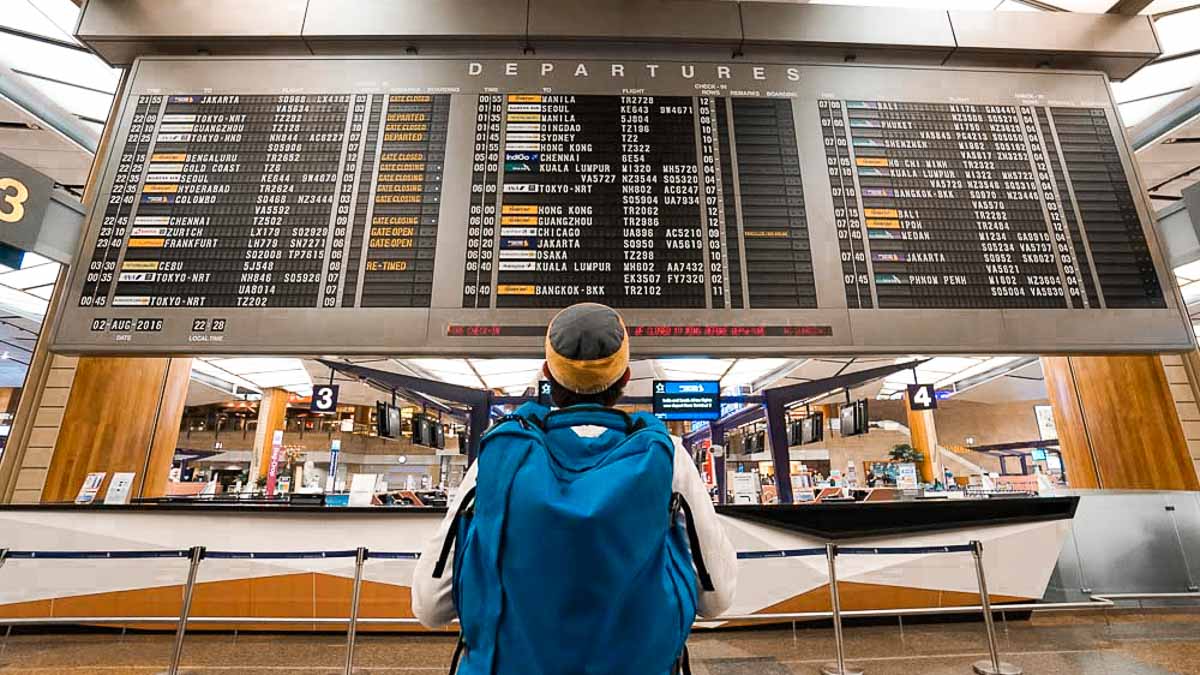Here’s why a VPN is on our list of travel essentials.
You might have heard of the Great Firewall of China. We experienced it during our two-week rail journey around China. It refers to the blocking of foreign websites in China — no Instagram, Google Maps or Facebook.
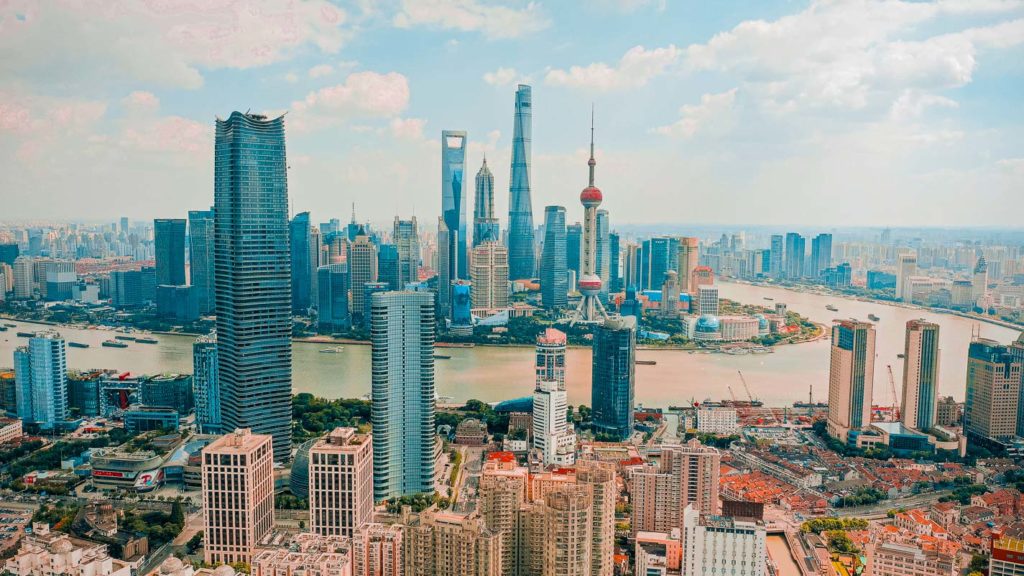
Luckily, there’s a way to get around this — by installing a VPN (or virtual private network). What exactly is a VPN? In essence, it’s a service that helps mask your IP address and encrypt your data.
Besides letting you access websites that might be blocked, there’s actually a lot more benefits of using a VPN while travelling — like enhanced security. If you’re unconvinced, here are six reasons why a VPN should be part of your travel essentials — especially if you’re a frequent traveller or digital nomad!
1) Enhanced Security for Peace of Mind
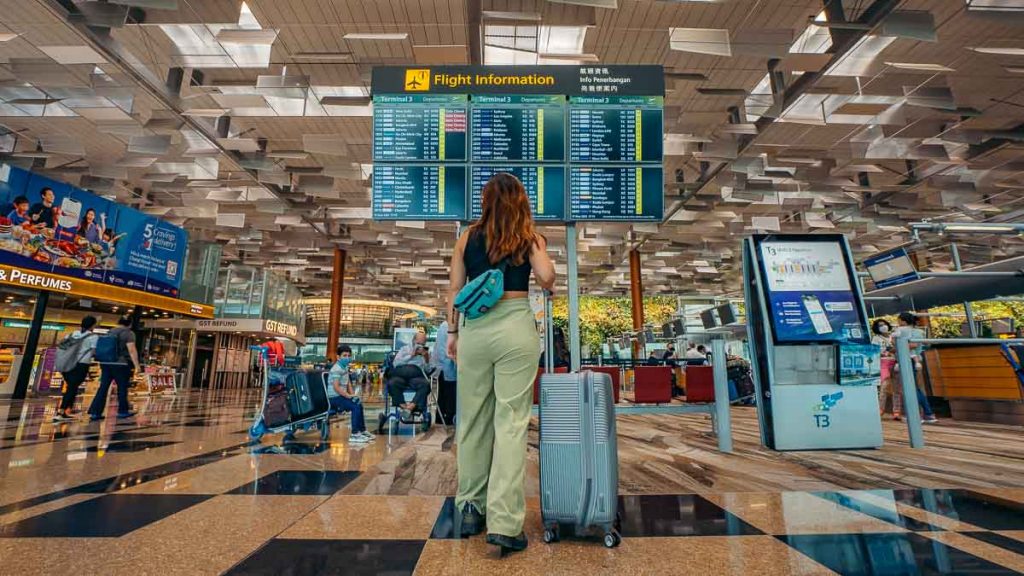
One of the first things many of us do upon landing in a new place is checking whether the airport offers free Wi-Fi. I’ll admit I’ve done it too — especially when there’s a long queue at immigration and I’ve yet to purchase a SIM card.
But these public networks are often unsecured, which puts travellers at risk of privacy breach and cyberattacks by third parties.
Security is one of the main features of a VPN. Using a VPN while travelling helps to mask your IP address and thus encrypt your internet connection. This protects sensitive information from hackers!
2) Enjoy Access to Blocked Websites

You might have had some issues loading some apps and services while overseas, like how I couldn’t load Instagram and Gmail in China. And China isn’t the only place that’s put restrictions on foreign websites — WhatsApp and Skype are blocked in the United Arab Emirates!
Another issue you might have faced is varying content across different countries. For example, Netflix offers different shows for each country — I was disappointed to learn that Friends wasn’t available on Netflix while I was on student exchange in Denmark. It’s not fun when you don’t have access to the show you’re currently binging. 😢
Here’s where a VPN comes in handy. You can change your IP address and set your location to any country — allowing you to enjoy access to your usual websites.
3) Grab the Best Deals No Matter Where You Are
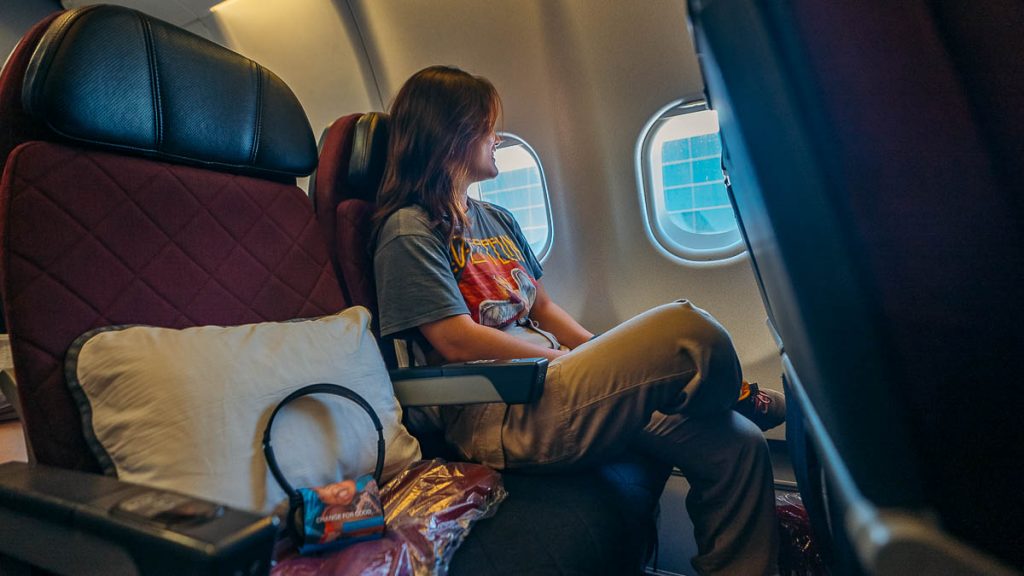
You might not know this — but the prices of travel deals, airline tickets, and hotel bookings often varies from place to place. Having a VPN can help you save a few bucks while you’re travelling!
Simply switch your device’s location to compare prices of travel deals. For the best results, remember to clear your cache and browsing history before turning on your VPN. Consider toggling between a few locations to find the best deal.
4) Access Corporate Files Securely
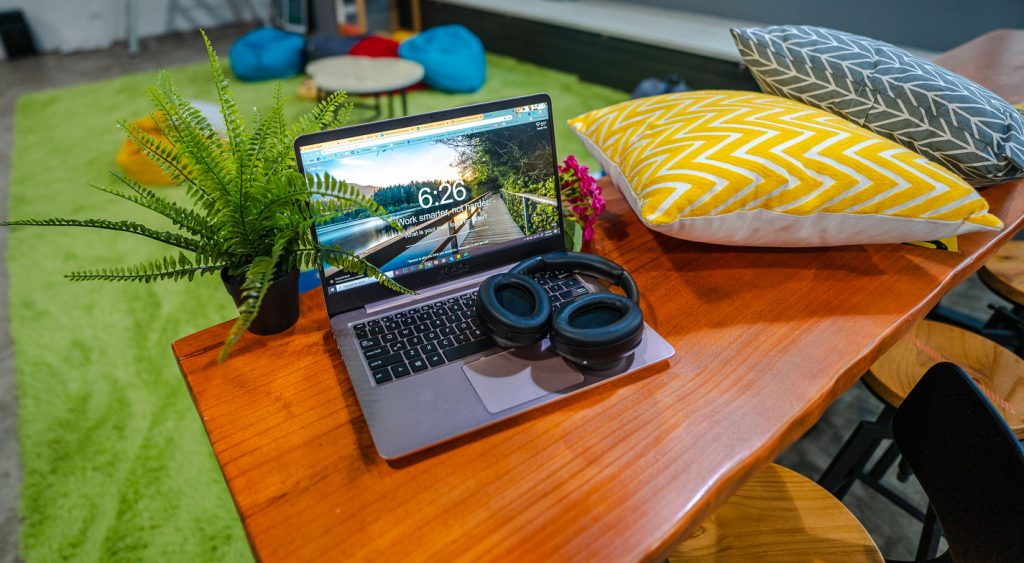
Post-COVID, more people are exploring the remote working and digital nomad lifestyle. Working overseas increases the risk of data breaches — like if you’re relying on free Wi-Fi in a cafe — so you should use a VPN to transfer or access important documents.
A VPN reroutes traffic through a secure tunnel, providing an added layer of security. This ensures your data remains confidential and safe from potential hackers.
5) Ensure Secure Online Transactions
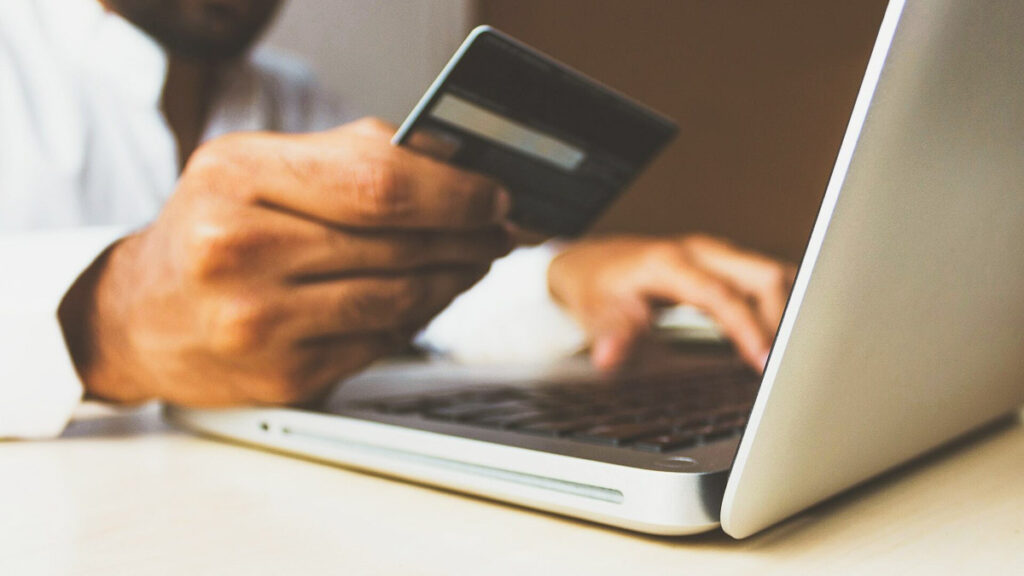
Photo credit: NordVPN
A VPN also helps you safely access your bank accounts and secure online transactions.
It provides an additional layer of security by encrypting your data while you’re making purchases or other online transactions. This prevents the leak of sensitive information such as credit card or login details.
6) It Protects Your Privacy
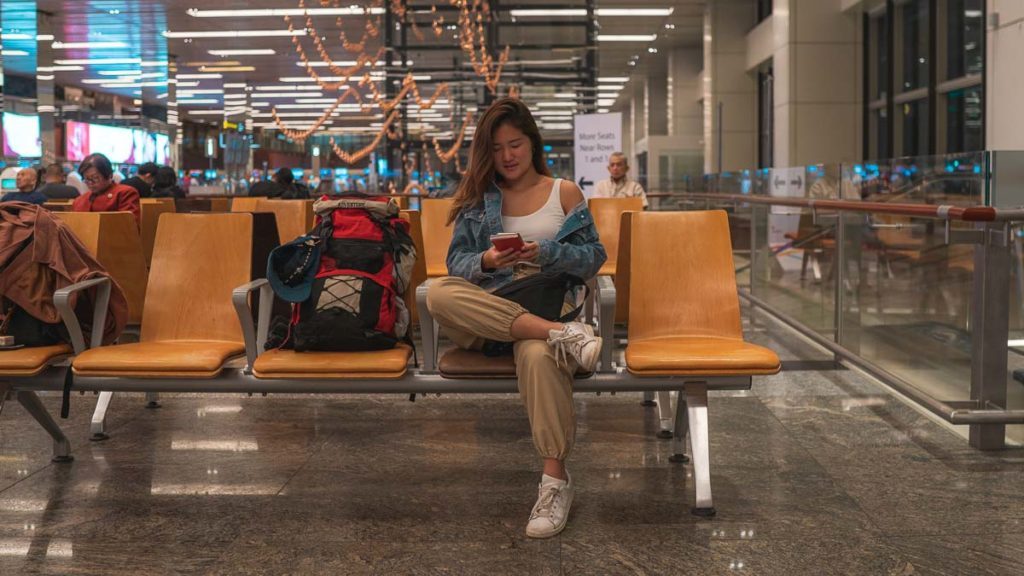
If you don’t want third parties spying on your online activities, you’ll want a reliable VPN while travelling. This service hides your IP address and ensures online privacy while you’re surfing the web. Third parties and advertisers won’t be able to trace your browsing habits!
How to Choose a VPN for Travel

Now you know the benefits of using a VPN while travelling — but how do you go about choosing the best VPN? There’s many companies offering VPN services, but not all are created equally. Here are a few things to look out for while choosing a VPN!
1) Strong Encryption Protocols
The most important factor to consider is the encryption protocols your VPN is using since that determines how reliable the VPN is. A few popular protocols include OpenVPN, IKEv2/IPsec, WireGuard, or SSTP.
2) Server Locations
The more server locations a VPN offers, the more freedom and choice you have to choose from! This allows you to access region-specific content with ease.
3) Connection Speed
Unfortunately, VPNs tend to slow down your internet a little. However, a good VPN should have minimal impact on your internet speed.
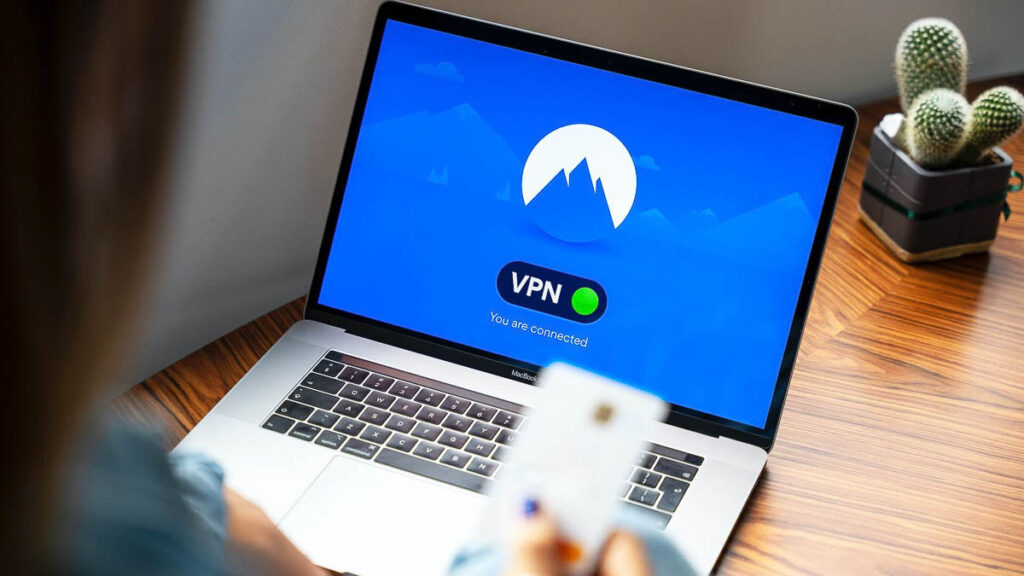
Photo credit: NordVPN
4) Device Compatibility
Ensure the VPN is compatible with your devices — you don’t want to find out you can’t use the service after purchasing.
5) Number of Devices Allowed
The number of devices you can secure under a single VPN subscription varies among VPN services. If you’re travelling in a group, you’ll need to find a VPN that allows you to protect multiple devices at a time.

Now you know that VPNs offer numerous benefits — especially when you’re traveling. In order to travel with ease, we’d recommend getting a reliable and trusted service such as NordVPN. Plus if you’re unsure about the service — they offer a 30-day money back guarantee that allows users to try out it out for free in the first month!
Do you use a VPN while travelling? Share with us which ones you’ve tried in the comments below!
This post was brought to you by NordVPN.


